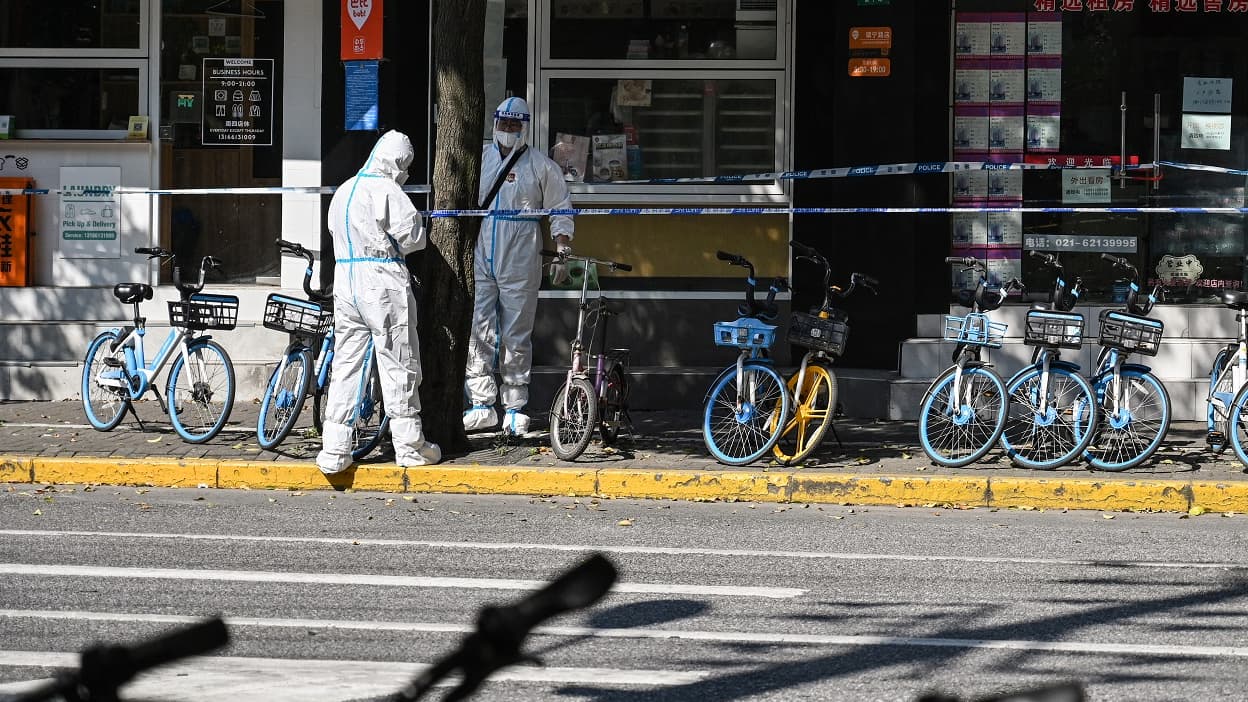China has asked public banks to release the equivalent of 113 billion euros in loans to strengthen infrastructure
China has asked public banks to release the equivalent of 113 billion euros in loans to strengthen infrastructure, as the country faces a sharp economic downturn due to anti-Covid measures.
The most populous country on the planet has significantly developed its infrastructure in recent decades, particularly in the late 2000s in order to revive an economy then weakened by the global financial crisis.
China had invested 4,000 billion yuan (573 billion current euros) in the economy, inflating its debt in sometimes useless projects but supporting in the process the world economic recovery.
This time, the Chinese power has seen less: 800 billion yuan (113 billion euros), according to the minutes of a government meeting released Wednesday evening by the new China agency.
A zero Covid strategy
Chinese Premier Li Keqiang, who in recent weeks has drawn up a gloomy assessment of the national economy, chaired this meeting. New China does not specify how the public banks will actually finance the loans.
To limit its indebtedness, Beijing is reluctant to increase its expenditure to support the economy, underlines the economist Ting Lu, of the bank Nomura. This is why it is “not surprising” that public banks are being asked for “stimulus measures”, notes Mr. Lu. In April, Beijing announced infrastructure works but without quantifying them.
Faced with a resurgence of the epidemic for several months, China is applying a zero Covid strategy, which intends to limit the number of deaths as much as possible thanks in particular to confinements, in particular that of Shanghai in April. Firmly defended by President Xi Jinping, this health policy has serious repercussions on the economy, with many businesses closed, factories operating at idle and production chains very disrupted.
The economic slowdown jeopardizes Beijing’s growth target of around 5.5%, in a politically sensitive year that should see Xi Jinping reappointed as head of the Chinese Communist Party (CCP) in the fall. However, the party draws its main legitimacy from the continuous increase in the purchasing power of the population.
During a teleconference last week with thousands of local officials, the Prime Minister admitted that the economic situation was worse than at the start of the pandemic. On Wednesday, Li Keqiang also called on the provinces to publish “real” economic data, as several local officials have recently been singled out for alleged “falsifications”.
–


